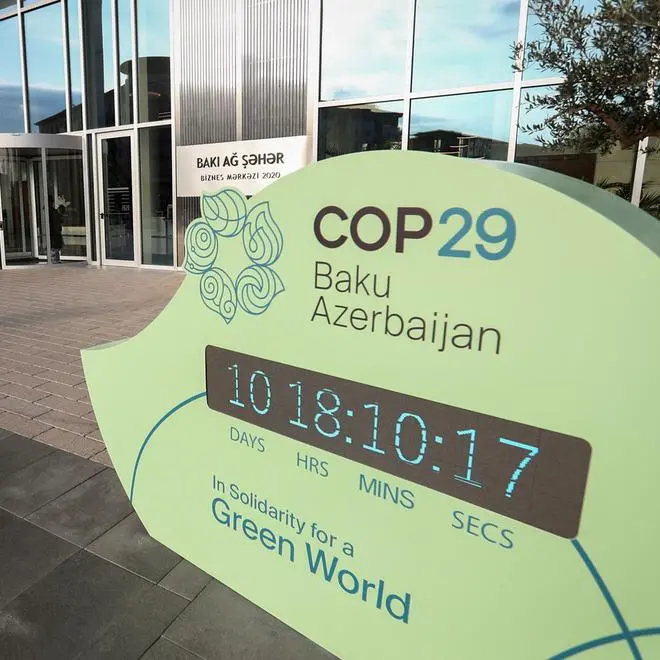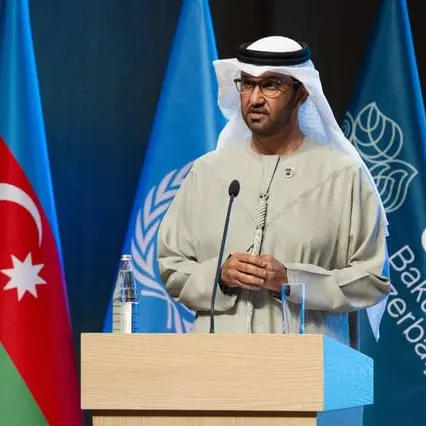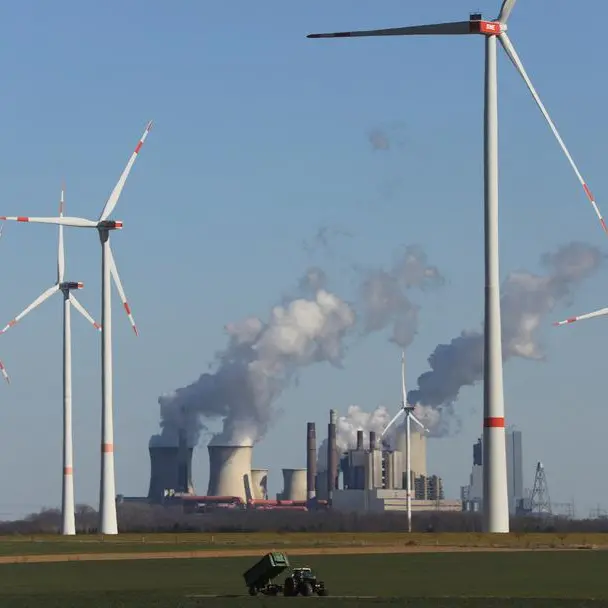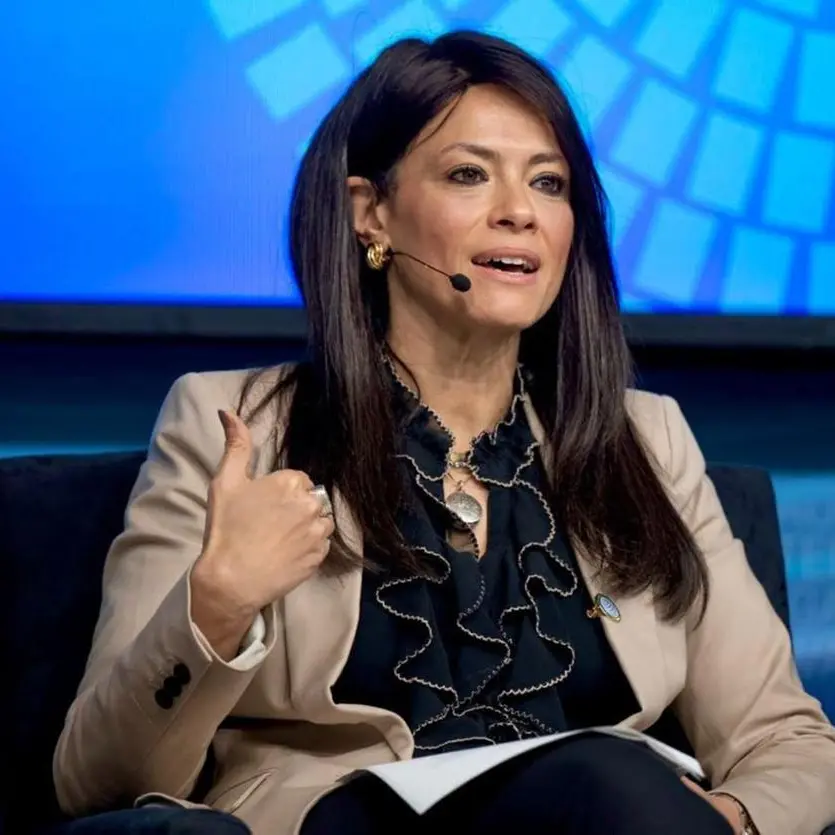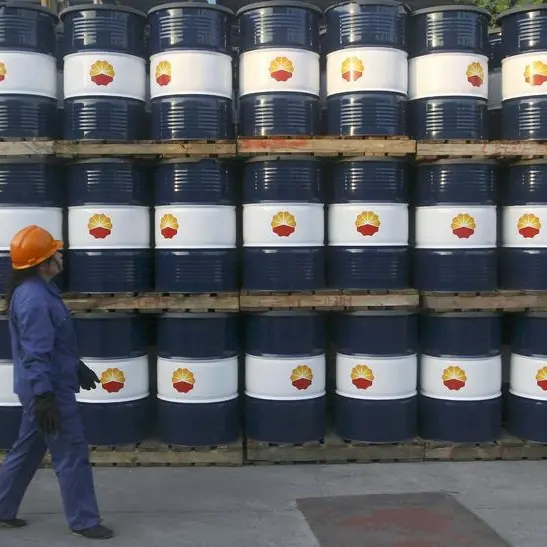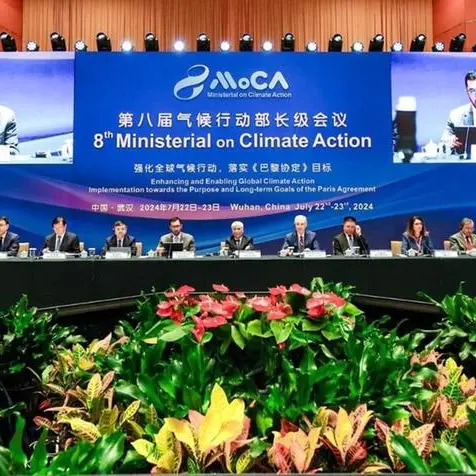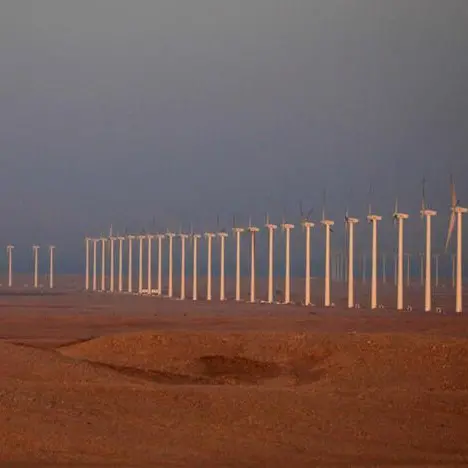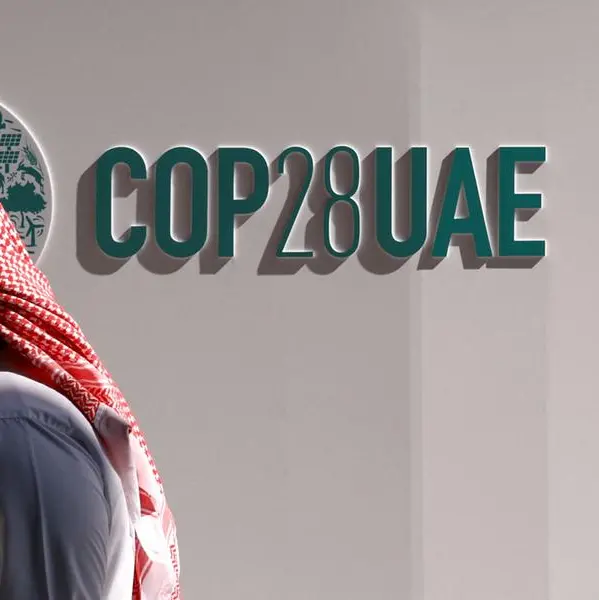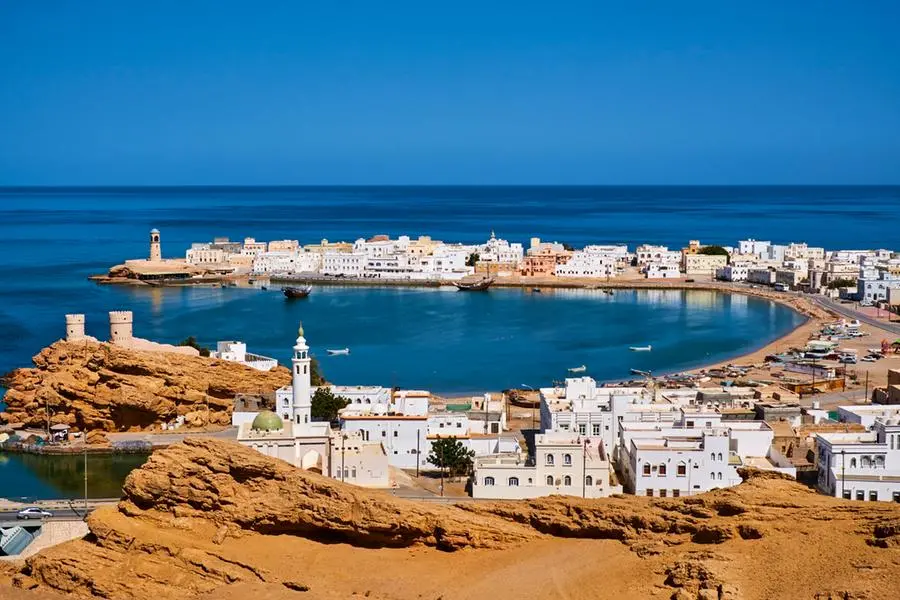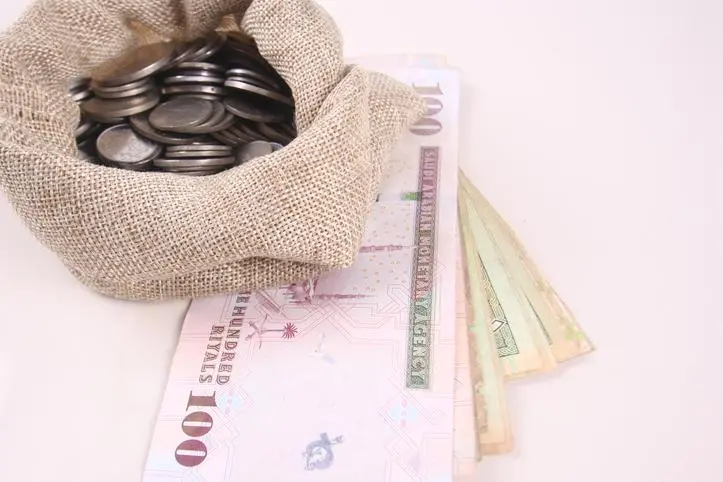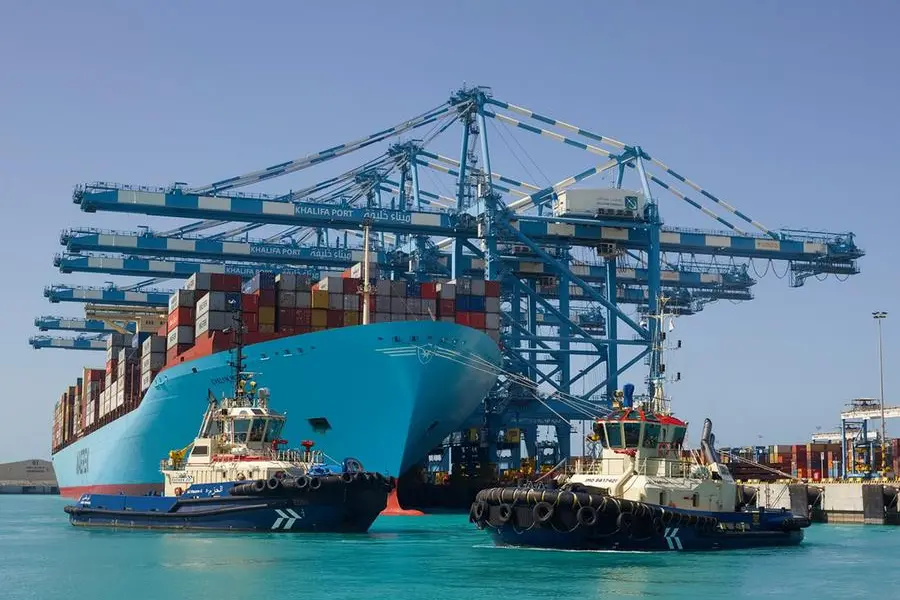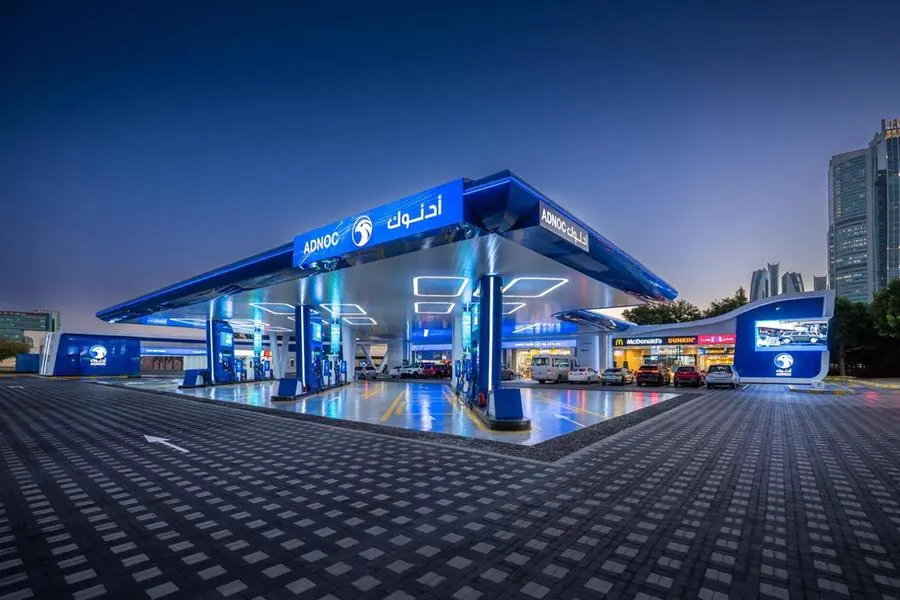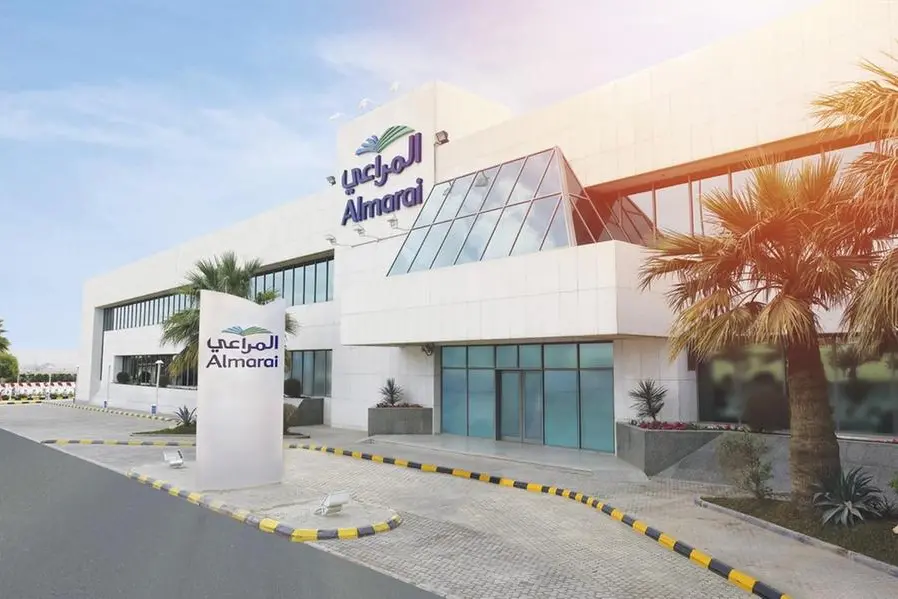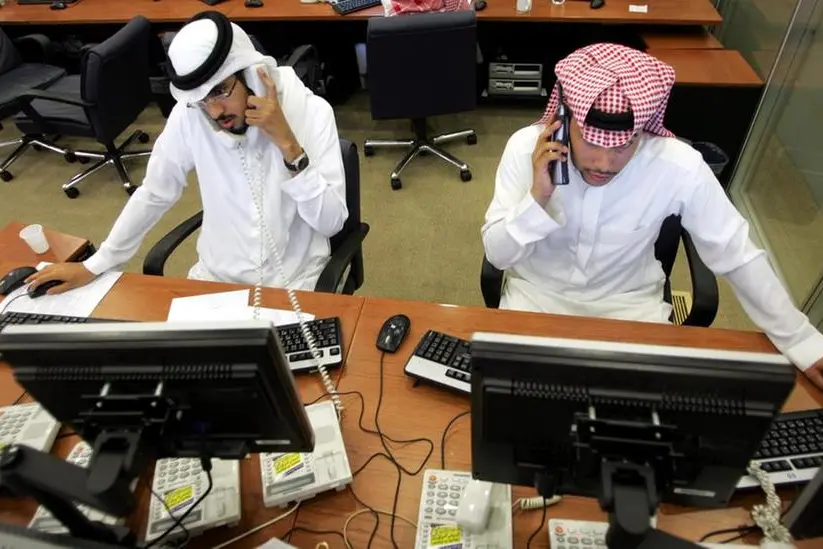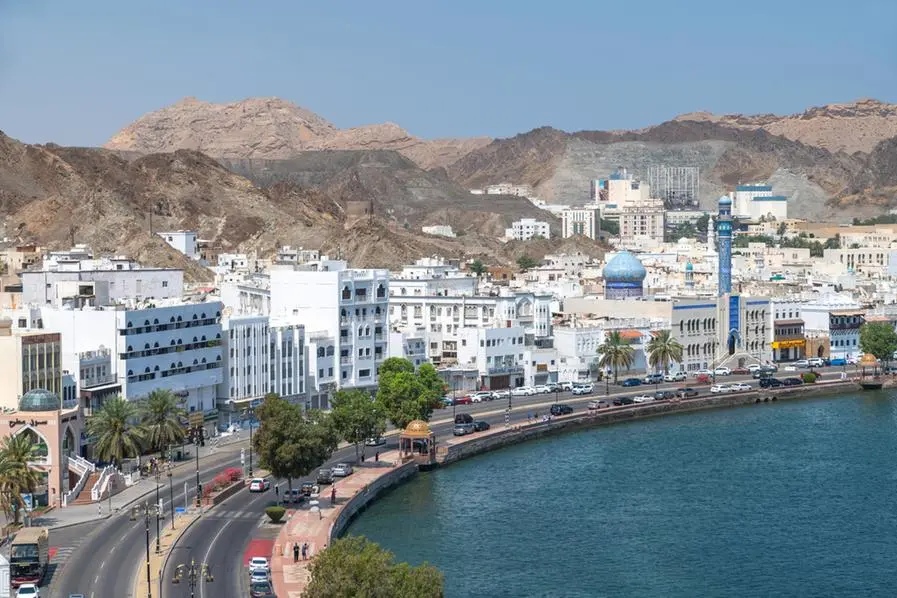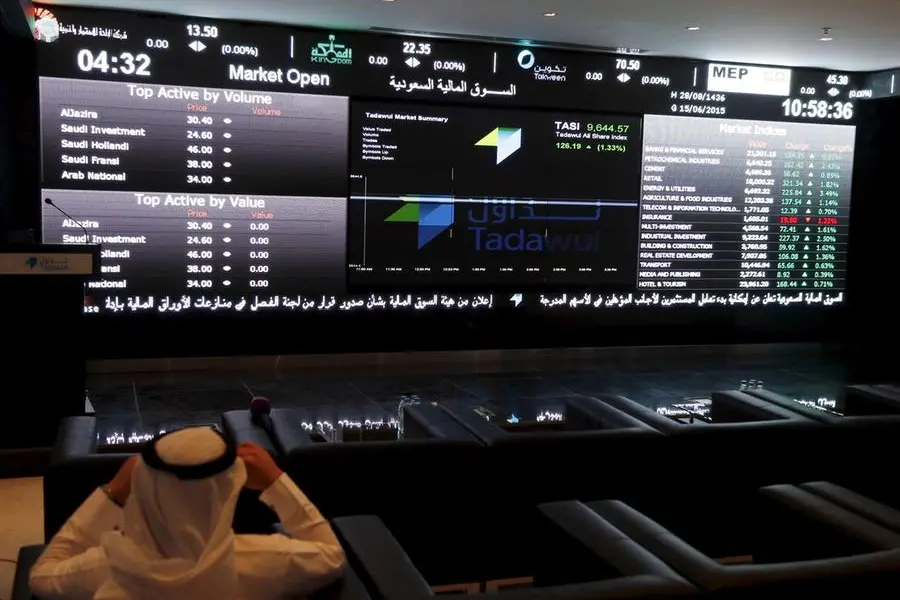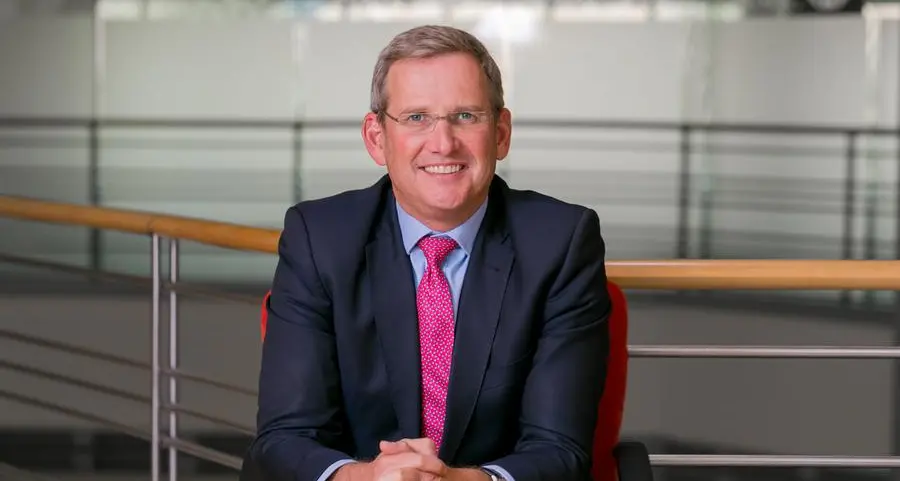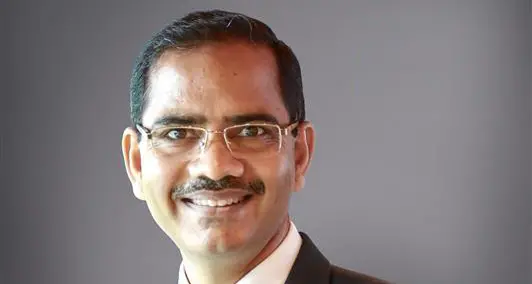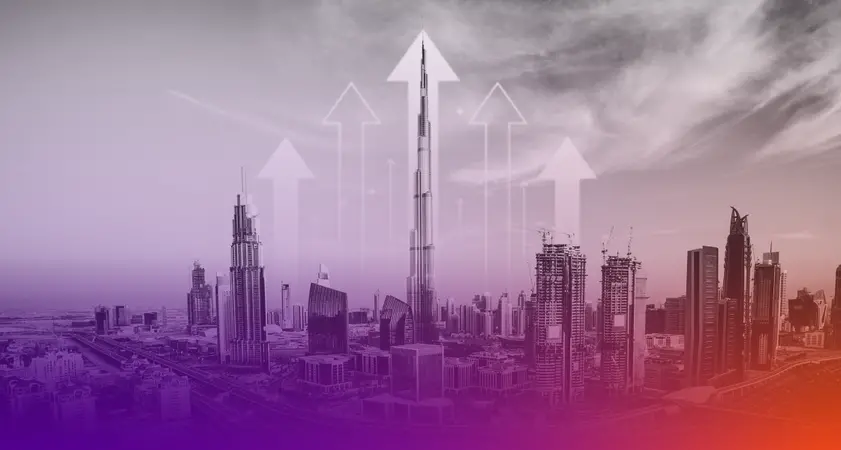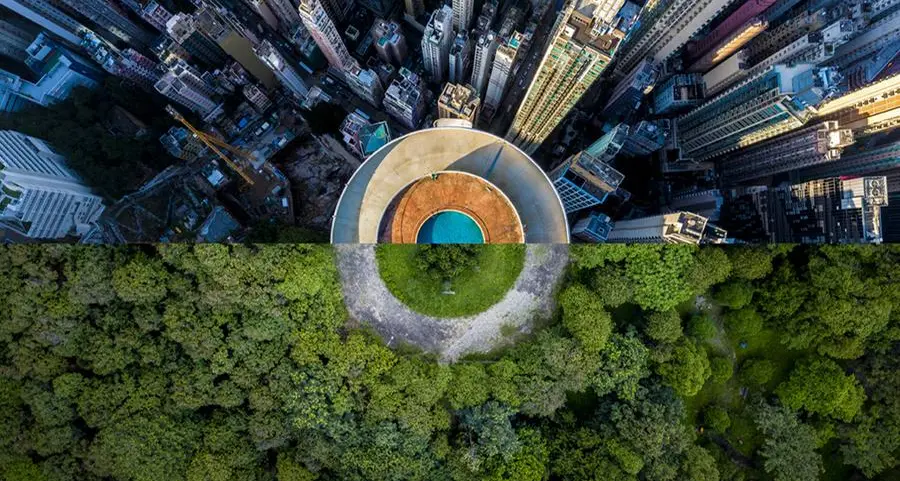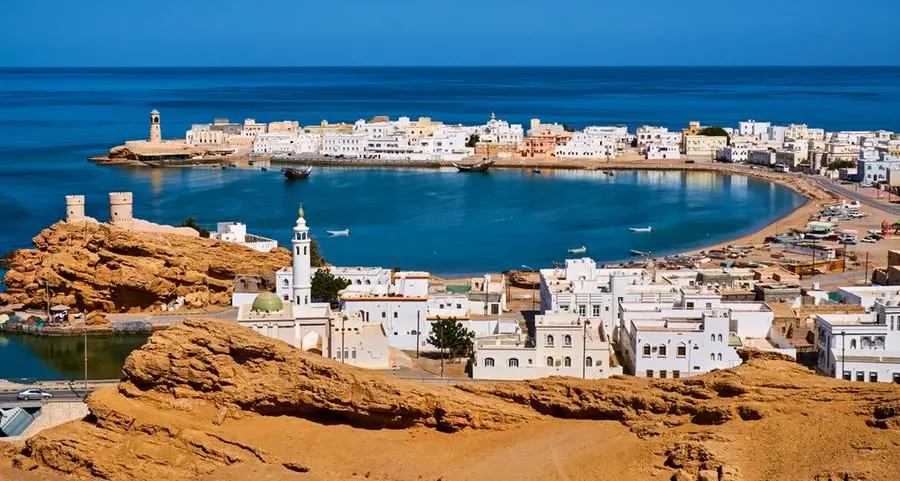PHOTO
The Net Zero Nuclear Summit kicked off today in Dubai, as part of the 28th UN Climate Change Conference (COP28). The event is being held on 7th and 8th December and is hosted by leaders of the Net Zero Nuclear initiative, which calls for unprecedented collaboration between government and industry to at least triple global nuclear capacity to help achieve carbon neutrality by 2050.
The Emirates Nuclear Energy Corporation (ENEC) played a leading role in bringing focus and attention to the global race to generate clean electrons and molecules during the opening day of the summit.
The UAE has added more clean electricity per capita over the past five years than any other nation. 75 percent of this is from nuclear energy, making it the perfect location to host the inaugural Net Zero Nuclear Summit.
Net Zero Nuclear was launched by ENEC and the World Nuclear Association (WNA) in September this year. The Net Zero Nuclear initiative has already achieved success following the announcement that 22 countries have endorsed the tripling of nuclear energy capacity by 2050. The countries agreed that increased investments in nuclear energy are critical for cutting carbon emissions and accelerating the decarbonisation of heavy industries.
The Net Zero Nuclear Summit’s main theme focused on the soaring need for clean electrons and molecules to fuel economies and underpin vital processes. The Summit highlighted that this transformation needs to be done in an eco-conscious way to help steer the globe to a Net Zero horizon. Suhail bin Mohammed Al Mazrouei, Minister of Energy and Infrastructure, underscored the transformational impact of nuclear energy in the UAE, accentuating the fact that The Barakah Nuclear Energy Plant is spearheading decarbonisation of the UAE’s energy sector whilst sustainably powering the UAE.
In a statement during the summit, Mohamed Al Hammadi, Managing Director and Chief Executive Officer of ENEC, said, “The development of the Barakah Plant has been pivotal to our nation’s clean energy transition, with the Plant today being the largest single source of clean electricity. The abundant, baseload, carbon-free electricity, combined with the knowledge, expertise and technology gained from developing Barakah, are today driving innovation in clean molecules and the development of Small Modular Reactors. The Net Zero Nuclear Summit, on the sidelines of COP28, provides a perfect platform to discuss both the demand and of course how we can meet this demand so that we can collectively continue to decarbonise heavy sectors, through greater levels of clean electricity. The quest for clean electron and molecule production, free from fluctuating supply chains, has risen to the top of global strategic agendas. Nations that master this and stay ahead will undeniably gain an upper hand in the global mission of achieving energy security and energy sustainability.”
For nations to triple global nuclear capacity to meet the growing demand for clean energy and meet Net Zero targets, more large-scale reactors, advanced reactors and (small modular reactors) SMRs need to be created. There are currently more than 80 SMR designs at varying stages of progress, with owners anticipating commercial deployment in the early 2030s. The SMR market is already valued at more than $6 billion, which is expected to rise significantly once the first reactors are deployed on a commercial scale.
Al Hammadi highlighted the progress of the recently launched ENEC ADVANCE Programme, a new platform designed to harness the latest advancements in nuclear energy technologies. ENEC has signed multiple MoUs with advanced and SMR technology providers throughout COP28, to start working on opportunities for collaboration, investment and deployment. The programme is strengthening the UAE’s position as a leading nation in delivering climate action by fast-tracking the global clean energy transition. ENEC ADVANCE Programme is focused on evaluating the latest technologies in the advanced, SMR and microreactor categories, which can generate clean electrons and molecules, such as steam, hydrogen and ammonia, as well as process heat for industrial processes. In doing so, ENEC, the UAE’s only mandated nuclear energy developer, is now working with local stakeholders to determine deployment pathways, and with international partners for both technology and project collaboration opportunities.
The MoUs support the faster development of new SMR technologies to increase the implementation of new nuclear projects in the UAE and across the globe. The UAE Peaceful Nuclear Energy Programme has moved into a new strategic phase of innovation and R&D that is utilising the success of the Barakah Plant to create new clean energy solutions including clean hydrogen and other clean molecules.
Internationally, nuclear energy has experienced a significant resurgence as nations rapidly act to meet energy security and decarbonisation targets set by the United Nations. The industry has benefited from major policy announcements in different nations, including the UK, US, Canada, Japan, France and China, as well as growing inclusion in green financing mechanisms and a major increase in private investment interest in nuclear energy technologies.

